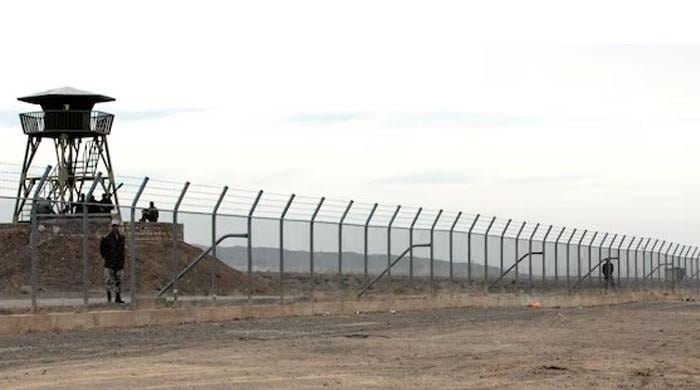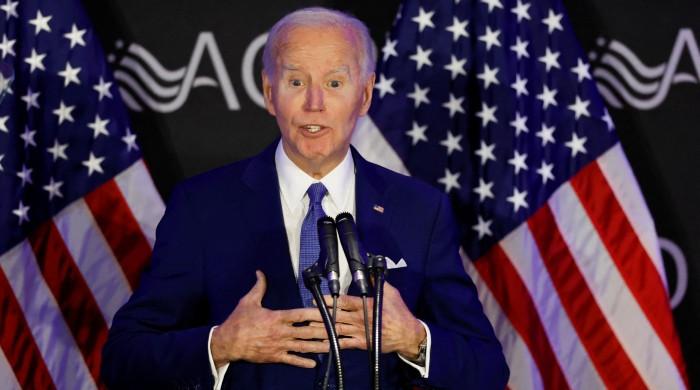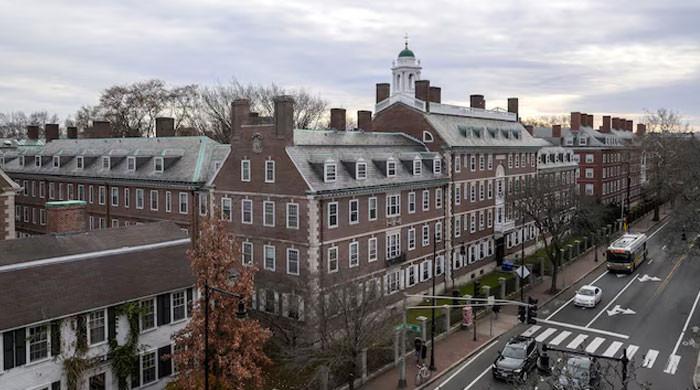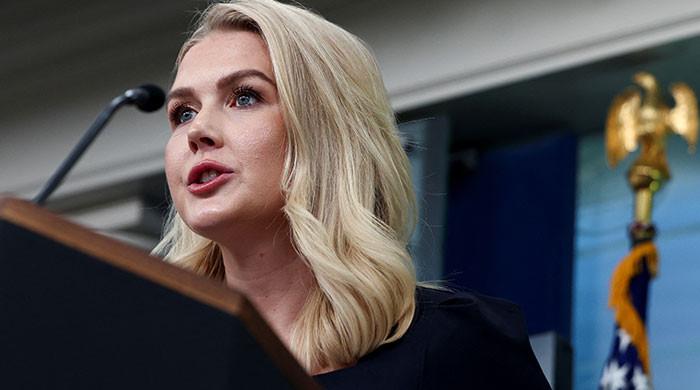'Globalisation of Islamophobia': Hate in US, Europe triggers hatred everywhere
An expert said that it was "interesting" how the anti-Muslim sentiments were not met with enough reaction and outcry
November 18, 2022

Islamophobia in the Western world, particularly the US and Europe, has affected the rest of the world as well, triggering anti-Muslim attitudes, including Asia Pacific region, experts told Andalou Agency.
"It is legitimate today to talk about the globalisation of Islamophobia," AA quoted John Louis Esposito, a professor of international Affairs and Islamic studies at Georgetown University.
He said that the hatred against Muslims became a global issue after the 1979 Iran evolution. Islamophobia flared up following the September 11 2011 terrorist attacks in the US. Esposito pointed out that some regions, like northern Europe, have become Islamophobic despite having no Muslim population. This is because of the prevalence of hate and discrimination in the US, Britain and Germany.
"You have the issues of Myanmar, former Burma. You have the issues in China with regard to the Uyghurs. In both cases, you even have international communities talking about genocide," he explained.
He added that it was shocking how global and widespread Islamophobia had become, saying that the anti-Muslim narrative was spreading across the political spectrum.
A prominent example is the President of France Emmanuel Macron who chose to use "hostile rhetoric" against Muslims. There are other far-right politicians doing the same like Marine Le Pen. Esposito called the Islamophobic attitude of the political figures a cultural conflict.
He told AA that it was "interesting" how the hateful sentiments were not met with enough reaction and outcry. Most Muslim governments and major international Muslim organisations have maintained silence.
Researcher Arsalan Iftikhar, the author of "Fear of a Muslim Planet: Global Islamophobia in the New World Order", told the outlet that the right-wing movements on the planet were inspired by movements in America and Europe.
"The right-wing movement around the world are taking their political cues from European and American right-wing movements, other global right-wing movements," he told the agency.
Iftikhar suggested that the movements were making an effort to marginalise Muslims as well as other minorities on their land.
Stressing the "cues countries take from one another", the researcher mentioned the example of hijab bans that started originally in France under Jacques Chirac in 2004. Later, other European countries adopted anti-Muslim policies.
"There are attacks on Muslims all over India. There are hijab bans in the southern state of Karnataka, which again, literally taking their cues from Europe as well," he told AA.











